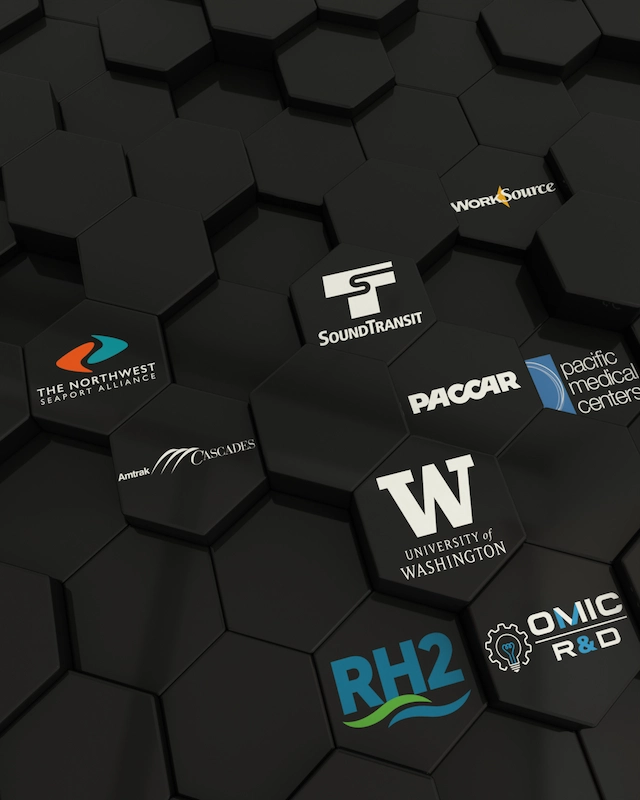Do you remember what search was like for years before Google? Yahoo, WebCrawler, Alta Vista, Lycos, AOL keywords, Excite, etc. Finding useful content was a struggle until Google showed up and it all just worked. More than likely the useful info you were looking for was in one of those first 10 blue links, and it changed the internet forever. Google changed the premise on which search was based. While most search engines at the time were using things like keyword density, Google used inbound links to a page.
OpenAI’s ChatGPT today is what Google was in 2000. AI existed before, but has been pretty much useless to the average user. ChatGPT is the first example of useful AI to everyone, and it is already reshaping everything in short order.
In nearly 10 years of creating materials and campaigns for clients one of the most time-consuming (and expensive) elements is copywriting. Creating a website with dozens or hundreds of pages means content for those dozens or hundreds of pages. We find the hardest part for non-professional writers is getting started, and that’s where AI can help a lot of people. By starting with a premise of what the content should be about and editing it to fit your needs and message you skip the hardest part of determining what to say and instead focus on how to say it. No matter how smart these tools get, they can’t replace your knowledge, experience, historical tests, situational awareness, or internal office understandings to know if any piece of content will work. These tools work in a vacuum, you don’t. There will always be forces at play that ensure your oversight is needed before anything is ready for a public audience
- Your input is needed is how any content reflects your brand’s tone and voice
- Your input is needed to put an acceptable emotional tone on any given message given the circumstance
- Your input is needed to understand the flow of content to ensure the structure makes sense given what you are trying to say
Many people are over-assuming ChatGPT’s capabilities because its responses read like natural language, but make no mistake: It’s not intelligent. ChatGPT is what’s known as a Large Language Model (LLM) algorithm that is trying to predict what the next word should be based on keywords in the prompts using probability. The impressive part of the technology is how it processes the user’s prompt into multiple keywords weighted based on sentence structure. Training the tool helps it identify the weights and values to place on certain keywords and phrases to generate better results for you. So fear not: the day of AI uprising and taking over all of humanity is overrated… for now.
We’re not lawyers, but rules around creative protection have one key criteria: it must come from a human. In March the USPTO released rules and regulations regarding what can be protected under copyright. Basically, if a generative engine like MidJourney created it, or ChatGPT wrote it, you can’t protect it. If you modify, enhance, manipulate, or change the output those changes can be copyrightable, but the work generated by the tools are not. Do not use AI outputs for anything you feel is special and specific to your needs that you wouldn’t want someone else to copy. For specific questions about your particular use cases please talk to an intellectual property legal expert. That’s what we do.
Most users are using ChatGPT in its most basic form: Ask it a question and get a reasonable response. The specificity of your input directly details the detail of output. General questions get general answers. The opportunity then comes from a growing field called Prompt Engineering: How to train the system to give you exactly the results you’re looking for.
We are only 8 months into this new world of AI integration, and future waves are going to upend details in ways we haven't even imagined yet. However, the end result is the quality output of AI is entirely dependent on the detail you put into it. Humans are still very much needed to review outputs and craft them for actual public use. Expect to see detailed positions for prompt engineering begin popping up in firms to extract the most out of these tools. When working with D2 rest assured we will use AI to supplement our creative process and will be very clear with our clients as to what is and isn't generated by AI. If you have any questions or concerns don't hesitate to contact us and set up a meeting to learn more.
